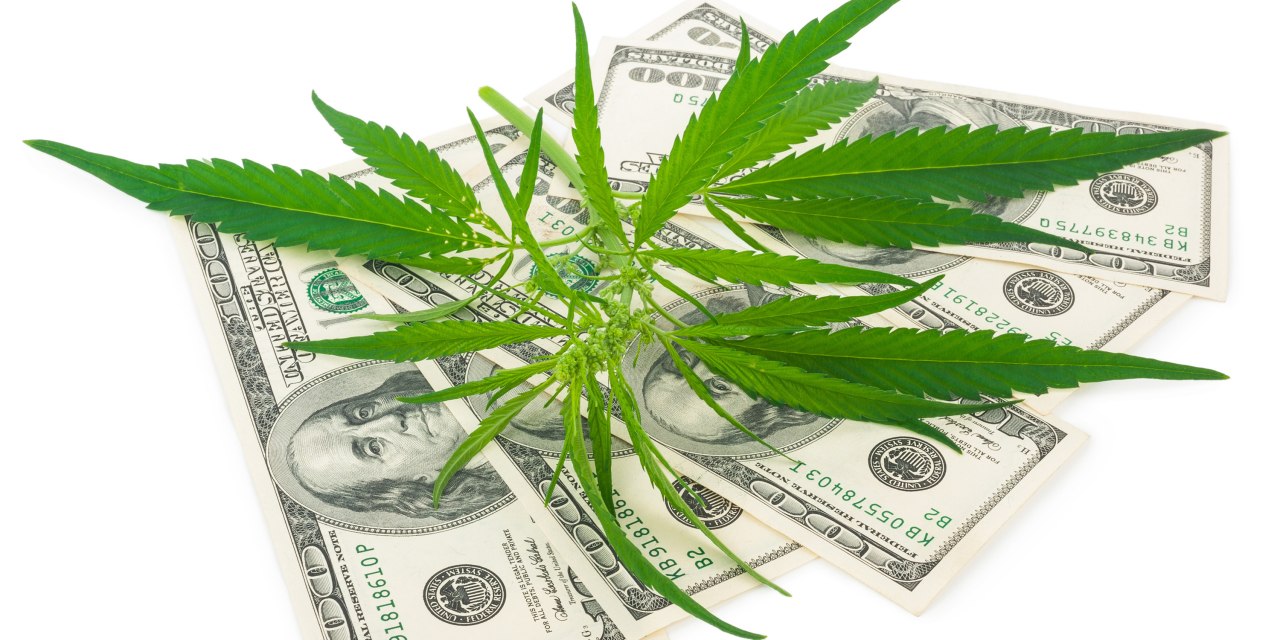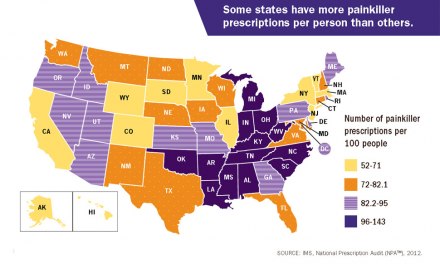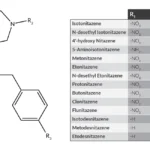Apparently, having too much pot on hand can be bad for business. At least the businesses that hope to make a buck off commercial cannabis sales.
For a while, the warnings were all about the threat of shortfalls in the cannabis supply stream. Guess that never came to pass. Now, the industry is faced with a significant oversupply – meaning way more cannabis is available than customers appear to need (or even want).
Here’s one of many articles on this “crisis”:
Ganja glut? With excess weed, growers seek interstate sales
As we might expect in a time of plenty, prices have plummeted, and profit margins are evaporating. Industry lobbyists have joined together to plead with legislators to authorize interstate trade in cannabis – something that’s currently prohibited. “We’re desperate”, admitted one industry figure, openly worrying that vast amounts of unsold pot might simply rot in the warehouses.
Despite the law, it’s an open secret that some of the more enterprising pot merchants have been selling their merchandise under the table to other jurisdictions where commercial cannabis is legal. Problem is, at least some of it has made its way onto the black market.
We’re told that California alone produces enough cannabis to meet America’s needs. How did that happen? Who decided it was a good idea to flood the emerging pot market well beyond the demand?
Runaway production leads to decline in price. Don’t take my word for it, ask the Saudis. Whenever gas gets cheap, they simply restrict the supply until the price goes back up.
I’m thinking this may result in a ‘shakeout’ within the cannabis industry. That’s been predicted for years. Smaller vendors and ‘boutique’ cannabusiness operations, including many that are minority-owned, will be forced to sell up to larger firms or shut their doors entirely.
Everyone knows that many aspiring pot entrepreneurs were seriously undercapitalized from Day One. This could be it for them, unless there’s a rescue. That’s where lobbying comes in.
I can’t help thinking of the bars and restaurants that campaigned for a loosening of restrictions on serving alcohol during the pandemic, based on the loss of sit-down customers. Now that the pandemic has been ended, they’re hell bent on preserving the liberal new rules. Such as home delivery, the right to sell drinks on the sidewalk, to remain open deep into the night.
And to hang onto those higher pandemic-era prices. That’s called “greedflation” when the grocery store does it.
As one restaurateur explained: “now that the customer has gotten accustomed to paying more, we wouldn’t want to roll prices back, if we don’t have to.”













